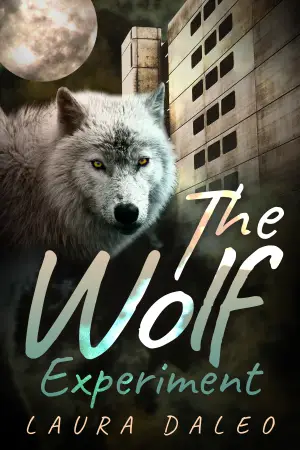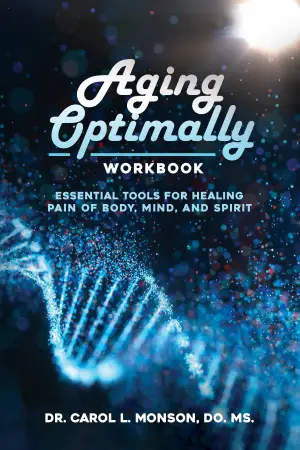As an avid reader with a soft spot for character-driven narratives, I was drawn to Elizabeth Strout’s Tell Me Everything primarily because of its deep exploration of human connections, classic themes of love and loss, and its backdrop of small-town America. As a dedicated fan of Strout’s previous works, I was eager to immerse myself in this latest installment, which features familiar faces like Lucy Barton, Olive Kitteridge, and Bob Burgess.
The narrative unfolds in Crosby, Maine, against the backdrop of a shocking crime, which intertwines the lives of its beloved characters as they navigate friendship and the weight of existential questions. The book is evocative and immersive, inviting readers into the mundane yet profound moments of life. Strout’s writing is simple yet rich, filled with carefully chosen words that resonate deeply and feel authentic, achieving that "show, don’t tell" mastery that Upapalmtree praised in their review.
One of the highlights for me was the intricate and emotionally compelling relationship between Bob and Lucy. Their discussions, filled with a richness of introspection and vulnerability, struck me as beautifully genuine. The friendship they form amidst personal tribulations illustrates the healing power of connection, reinforcing Lucy’s thought that “love comes in so many different forms, but it is always love.” Their walks along the coast were painted with vivid detail and deep emotional undertones, giving life to their shared experiences.
The portrayal of Olive Kitteridge in this novel offered treasured moments, as noted by Anna and Bear100. Olive remains a brilliantly multifaceted character—salty yet caring, she resonates with both humor and poignancy. The interactions between Olive and Lucy were delightful and worth the anticipation, showcasing Strout’s ability to capture the nuances of human interaction.
However, while I found much to love in Tell Me Everything, the story did have its drawbacks. Some moments felt slow or slightly meandering, resonating with Anna’s critique regarding the pacing of the central murder plot. At times, it felt like the narrative shifted focus away from the character-driven essence for the sake of a storyline, and I found myself less engaged in the details of the murder investigation than I was hoping to be. Some of the backstory elements felt underdeveloped, especially concerning Bob’s marriage, which left me wanting deeper insights into his character’s conflicts.
Despite these minor grievances, Strout’s exploration of complex themes—such as isolation, community, and the importance of storytelling—are beautifully intertwined and relevant, offering readers many layers to unpack. The ending, as noted by Anthony Conty, captures the essence of a gathering where all leave changed, even if not everything wraps up neatly. It leaves you contemplating your own life’s meaning, which is undeniably thought-provoking.
Overall, Tell Me Everything met my expectations, proving to be a rewarding read that showcases Strout at the height of her powers. With its rich character development and emotional depth, I find it to be a compelling addition to her body of work. If you appreciate literature that dives into the human condition, brimming with moments of empathy and reflection, then this novel is worth reading.
In summary, I would highly recommend Tell Me Everything, especially for those familiar with Strout’s earlier works, as it captures the nuances of life in a small town and the intertwining stories of people who, at first glance, may seem ordinary but are, in fact, extraordinary in their complexity and emotional depth. Despite a few pacing issues, it remains a testament to the beauty and intricacies of human relationships.








